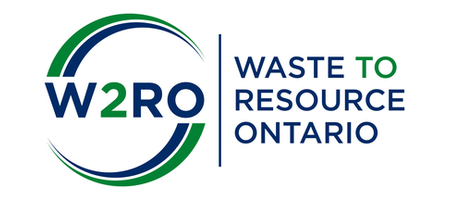OWMA has submitted a letter to RPRA outlining potential concerns with the transition of existing Waste Diversion Act programs and the potential for Industry funding Organization (IFO) conflicts of interest as defined in the Minister’s (MOECC) transition letter and addendum. OWMA identified concerns related the Municipal Hazardous and Special Waste (MHSW) program and the need to ensure there is no real, potential or apparent conflict of interest as the program is wound-up. It has come to the attention of OWMA that BDO Canada LLP has been engaged by Canadian Stewardship Services Alliance to conduct an analysis of service provider costs relative to the incentive rates for MHSW materials and provide recommendations regarding potential rate changes. The decision to collect service provider cost and business data, when a wind up letter has been issued, is very concerning given the lack of clarity around data protection and non-disclosure and whether this sensitive company data may find it’s way into the post-program marketplace .
The letter reinforces the OWMA view of RPRA responsibility and options to avoid conflict of interest in the transition of all programs including WEEE
File Attachments

